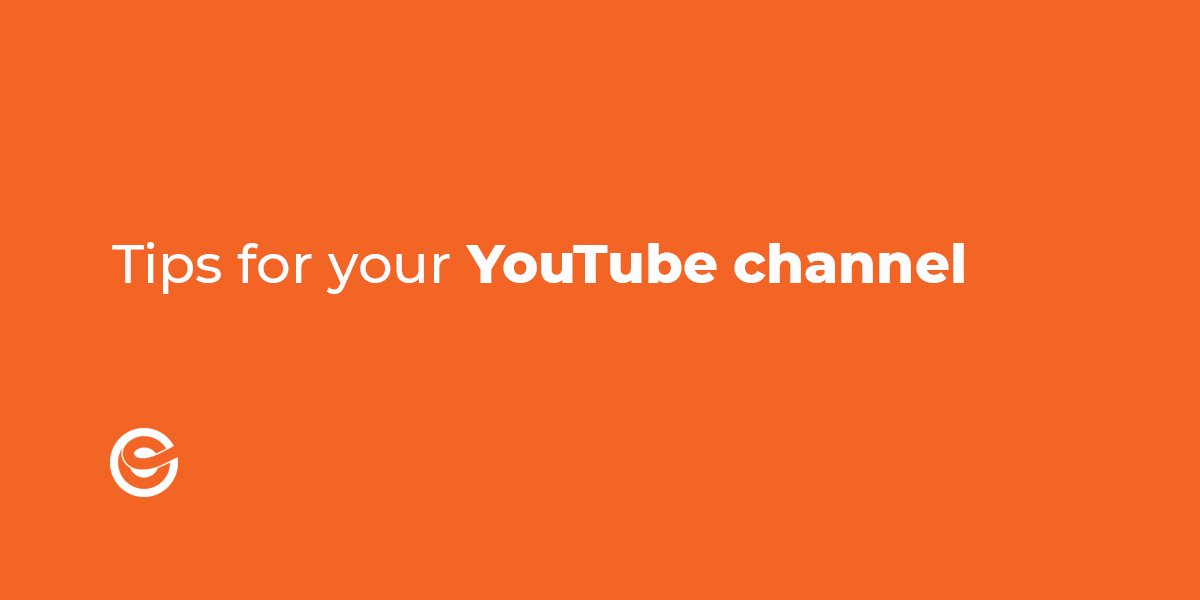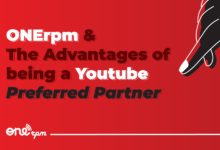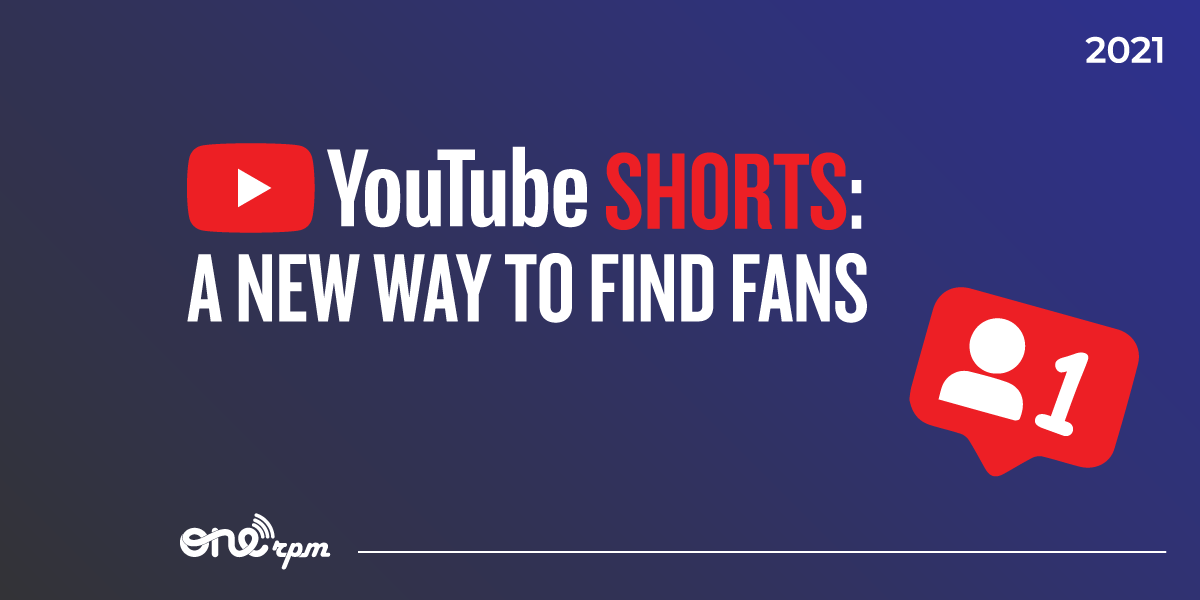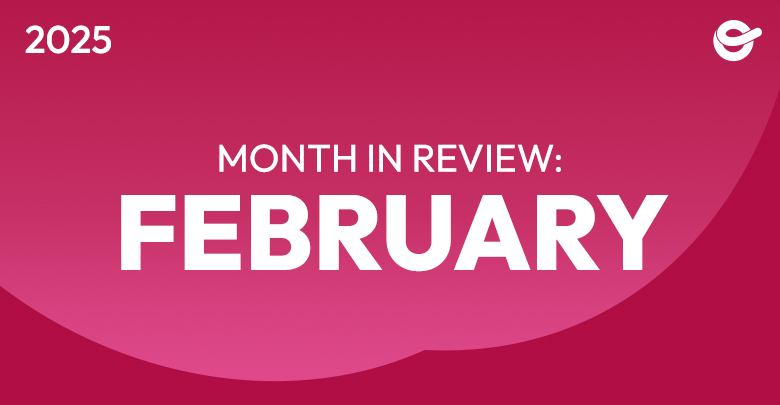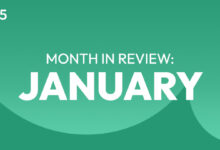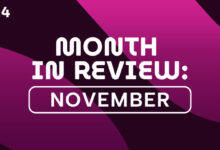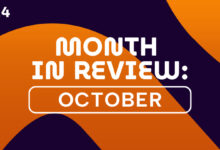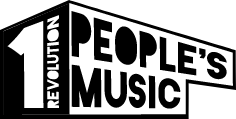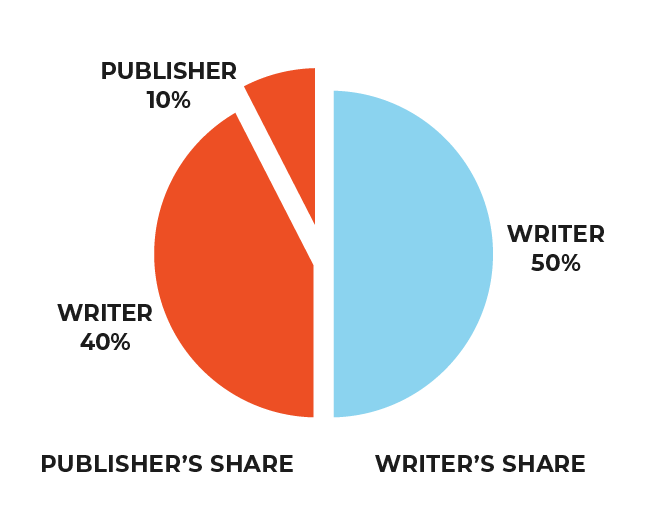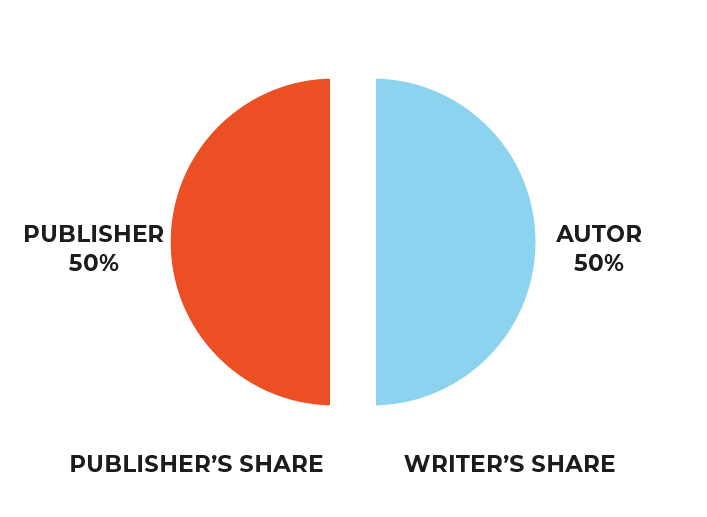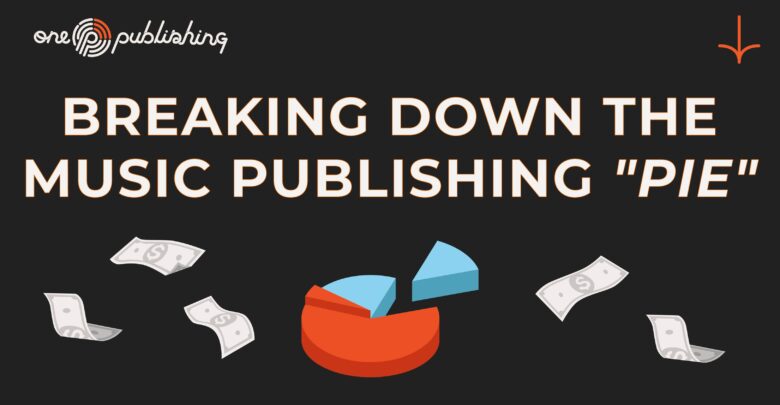
Understanding Music Publishing Deals
These contracts define how your songs are administered, who owns the copyrights, and how the revenue is divided.
Understanding Music Publishing Deals
Choosing the right publishing agreement is essential if you want to manage your music catalog and maximize its potential. These contracts determine how you manage your songs, who owns the copyrights, and how you’ll split the revenue. Here, we explain the three main types of music publishing agreements so you can find the one that best suits your needs.
Breaking Down the Music Publishing “Pie”
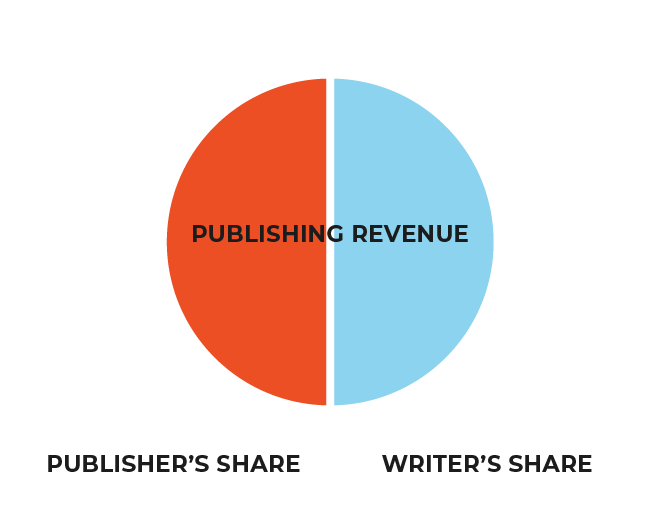
In every song, music publishing revenue and ownership are divided into two main parts: the Publisher’s Share and the Writer’s Share. The full circle represents the total music publishing revenue (often called the “pie”).
- The Writer’s Share belongs to you, the songwriter, and can never be transferred or sold. It’s yours for life.
- If you never sign a publishing deal, you’ll retain 100% of the revenue and ownership of your songs, meaning you own the entire pie.
However, if you decide to sign a publishing agreement, you’ll give up a portion of the Publisher’s Share (the left half of the pie). Let’s explore how this division works across different types of agreements:
1) Publishing Administration Agreement: The Flexible Option
This model allows you to retain 100% ownership of your songs while an administrator works to maximize your revenue. This includes collecting royalties globally, securing sync opportunities, and ensuring no royalties go unclaimed.
The administrator takes a percentage (typically 10% to 25%) of the royalties generated exclusively from the Publisher’s Share, while your Writer’s Share remains untouched. This setup is ideal for independent songwriters who value control and transparency.
Why Choose a Publishing Administration Agreement?
- Retain 100% ownership of your copyrights.
- Access global royalty collection, licensing management, and sync opportunities.
- Perfect for independent artists and songwriters who prioritize control and transparency.
2) Co-Publishing Agreement: Sharing to Grow
In a co-publishing agreement, the songwriter and publisher share ownership of the copyrights. This deal often includes an advance payment for the songwriter and a long-term commitment, typically lasting the author’s life plus 50 years.
The revenue is split 75/25 in favor of the songwriter, combining the Writer’s Share (50%) with half of the Publisher’s Share (25%). This arrangement is ideal for artists seeking financial support and a strong network to elevate their music.
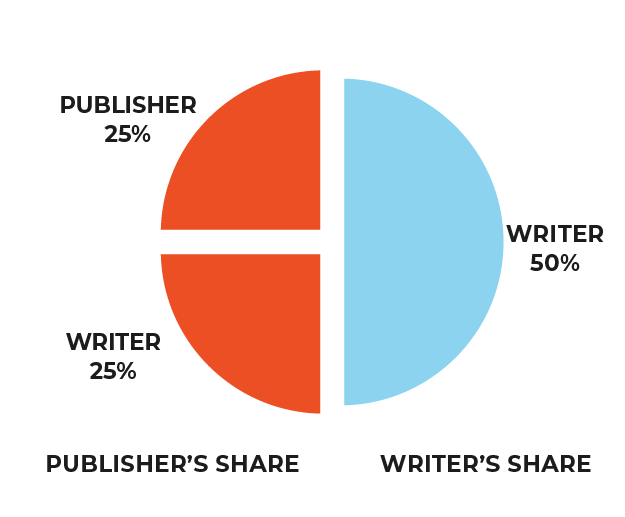
Why Choose a Co-Publishing Agreement?
- Receive an advance to fund your creativity.
- Leverage the publisher’s network for sync opportunities and promotions.
- Best for artists looking to grow their careers with strategic and financial backing over the long term.
3) Full Publishing Agreement: Complete Publisher Ownership
The publisher acquires and controls 100% of the copyrights in this model. The revenue is split 50/50 between the publisher and the songwriter after recouping the advance. Additionally, these deals often include a minimum delivery commitment, requiring the songwriter to deliver a set number of songs to the publisher.
This agreement usually involves a significant upfront payment but requires the songwriter to relinquish complete control over their music. It’s a useful option for composers seeking immediate financial stability, those with extensive catalogs, or those looking to monetize a consolidated body of work.
Why Choose a Full Publishing Agreement?
- Receive a significant advance for your catalog.
- Ideal for songwriters prioritizing immediate earnings over long-term ownership.
- Suitable for selling large catalogs or securing major investments.
Each type of publishing agreement offers unique benefits depending on your goals as a songwriter. Whether you want to retain control, secure an advance, or monetize your work, choosing the right contract can make all the difference in your music career.


